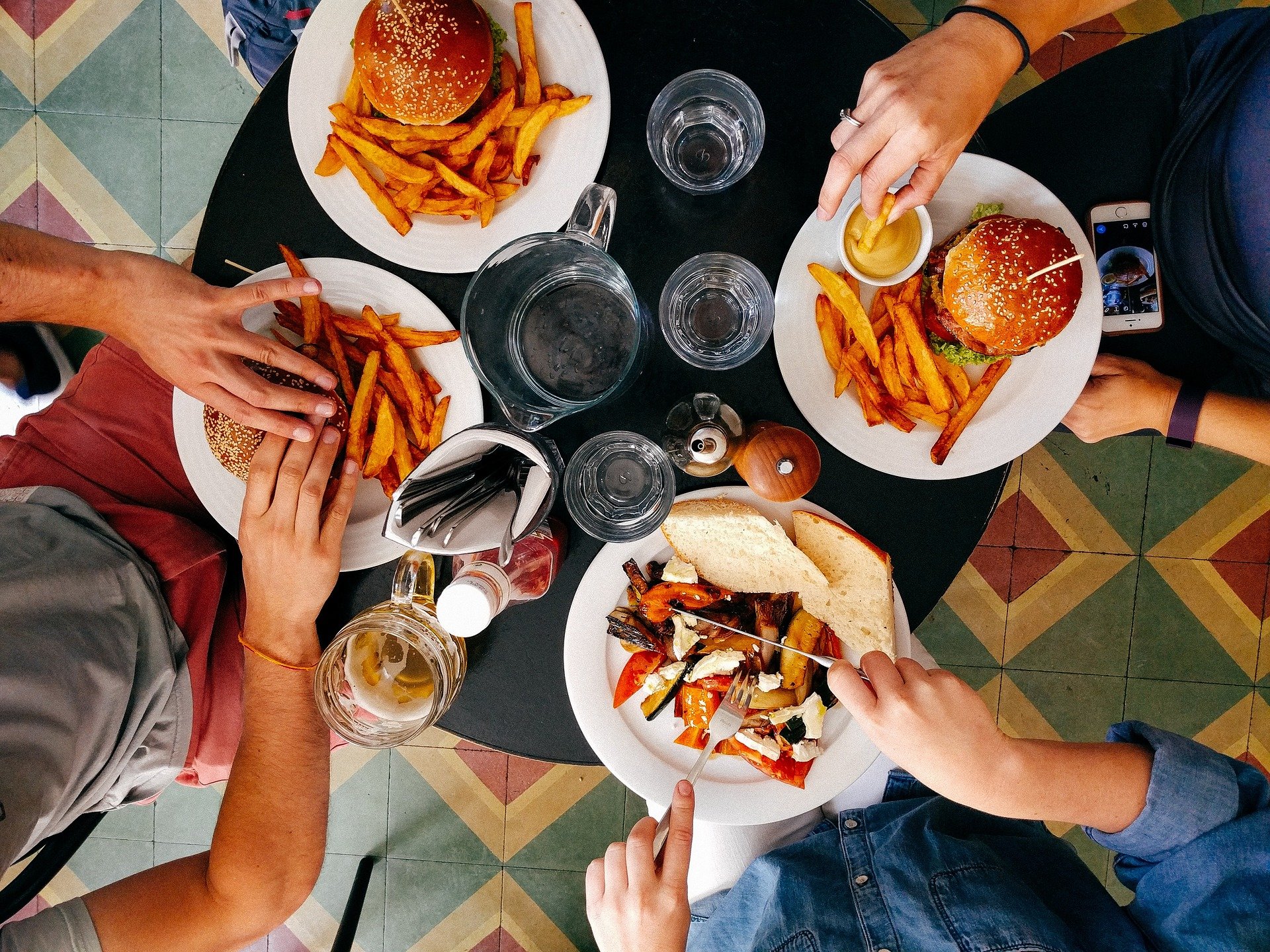A new study published in the Journal of Consumer Psychology finds that food offerings marketed as “sharing-size” or similar can have a negative impact on the health of consumers. The study was co-authored by Dr. Nukhet Taylor, an assistant professor in marketing management at Ryerson University, and Dr. Theodore Noseworthy, an associate professor of marketing at York’s Schulich School of Business.
The study, titled “Your Fries are Less Fattening than Mine”, delves into how food marketed as shareable can cause consumers to underestimate the amount of calories it contains.
“People tend to regulate their caloric intake; we may pass on an ice cream sundae if we’ve already eaten a few french fries,” Dr. Noseworthy stated to yFile. “It seems, however, that if we were to take those same fries from a shared plate, we tend to discount the consequences of eating them in our minds. Thus, there’s little to stop us from eating that sundae.”
The issue has become more relevant and pressing in recent years, where sharing-sized food, and possibly misleading marketing, appear to have become more popularized.
Dr. Taylor, who completed her PhD in marketing at Schulich, mentions popular snack brands such as M&M’s, Skittles, Snickers, and Hershey’s as examples of the many who have seized this “very popular industry trend.” The trend is one that the researchers believed warranted further study.
“What stood out to me was that the companies promoting food sharing were making a major health claim: they were suggesting that food sharing can help consumers with weight maintenance,” she says. “Their rationale was that if we share a snack with someone else rather than eat it alone, we would end up eating a smaller portion and therefore avoid putting on unwanted pounds. However, we know that weight maintenance is more complicated than that.”
The researchers found that food marketed and viewed as shareable seems to decrease consumers’ sense of individual ownership, leading to a lack of attention to the calories being consumed.
“Our findings show that when we share food with others, we tend to discount the potential consequences of the calories we consume,” says Dr. Taylor. “In other words, we perceive shared food to be less fattening.”
According to these findings, consumers might actually be consuming more calories when they engage in food sharing, despite marketing claims to the contrary.
Undergraduate students from York were active participants in this study, some of whom obtained partial credit in marketing courses for participation.
“We have obtained these insights with the help of the amazing undergraduate students of York,” says Dr. Taylor. “I want to thank all of the students who have agreed to provide their anonymous responses that helped us document the impact of food sharing on consumer perceptions.”
Based on this research, Dr. Noseworthy warns that companies should be more careful about their marketing: “Companies need to be aware of the potential negative impact they may be having on consumers’ health when they engage in marketing campaigns that emphasize food sharing.”
For the average person, a study like this can dissolve some of the mystique surrounding marketing claims. Dr. Taylor provides some advice to students who wish to be more conscious consumers.
“Marketers may sometimes rely on claims that have not been scientifically investigated, such as was the case with the industry claim that food sharing can help with weight maintenance. So, it is always great to try to keep up with academic work, which is unbiased by company objectives. This can help students get a better understanding of what makes us overeat, and how to reduce this tendency.”
However, she also assures readers that this study doesn’t intend to prevent anyone from eating what they enjoy.
“This does not mean that we should never indulge. The best thing to do is to maintain a balance such that when we indulge with some delicious snack or have a plate of French fries, we reduce our caloric intake in subsequent food choice.


